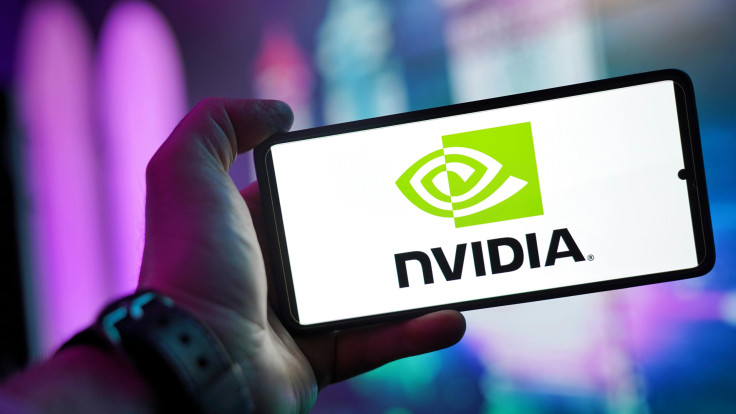Nvidia's Strategic Saudi and Taiwan Deals Signal Bold AI Investment Drive
Nvidia's Explosive Growth Is Mostly Fueled by AI Demand

Nvidia's recent earnings report has dominated headlines, showcasing staggering growth driven by AI demand. But beyond the billions in revenue, the tech giant is making strategic moves abroad that could shape the future of global AI infrastructure.
Let's take a closer look at Nvidia's ambitious deals in Saudi Arabia and Taiwan—and what they mean for the world of AI.
Nvidia's Global AI Ambitions
As Nvidia rides the wave of AI adoption, its revenue surge—a 69% year-on-year jump to $44.1 billion—has captured the world's attention. But while earnings and domestic growth remain crucial, Nvidia is also actively looking beyond its core markets.
With the U.S.-China export restrictions tightening, Nvidia has turned its gaze to new, promising partners. Its global AI strategy is not just about selling chips—it's about building the digital backbone for countries determined to become leaders in the AI age. This is where Saudi Arabia and Taiwan come in.
The Saudi Arabia Deal: AI Meets Ambition
Saudi Arabia's Vision 2030 plan, according to Saudi Arabia's official Vision 2030 framework, has put technology front and centre as the kingdom seeks to transform its economy and reduce its dependence on oil. Nvidia is tapping directly into this vision, forging partnerships to supply cutting-edge AI infrastructure.
Nvidia's involvement is poised to help Saudi Arabia build smart cities, enhance logistics and supply chains, and develop new energy solutions. By leveraging Nvidia's data centre capabilities, Saudi projects can harness AI in everything from advanced healthcare to urban planning.
For Nvidia, the deal is not just a revenue boost. It's a chance to solidify its presence in the Middle East and align itself with a nation that is investing heavily in tech. As the kingdom builds out its AI ecosystem, Nvidia stands to benefit for years to come.
Taiwan's Edge: A Strategic AI Collaboration
Meanwhile, Taiwan—long a powerhouse in semiconductor manufacturing—offers Nvidia a different kind of opportunity. Nvidia's AI initiatives in Taiwan build on the island's reputation as a global chip hub.
Through these collaborations, Nvidia aims to enhance Taiwan's AI and manufacturing capabilities, reinforcing the island's place in the global technology supply chain. This includes deploying Nvidia's AI platforms to support precision manufacturing and advanced chip development.
For Taiwan, the partnership bolsters its resilience and technological competitiveness, especially as geopolitical tensions continue to shape the semiconductor landscape. For Nvidia, it's a way to anchor itself in the heart of the global chip industry while expanding its AI dominance.
What It All Means
These global deals highlight a broader truth: Nvidia is not content to be just a U.S. success story. By forging partnerships in Saudi Arabia and Taiwan, it is setting the stage for long-term global leadership in AI infrastructure.
In an era where AI is transforming industries and economies, Nvidia's deals underscore the power of strategic alliances. They also highlight how countries beyond China and the U.S. are staking their claims in the AI revolution.
Conclusion
As Nvidia's earnings continue to shatter expectations, the real story may be unfolding far from Wall Street. Saudi Arabia's bold ambitions and Taiwan's strategic edge are giving Nvidia the perfect platforms to thrive globally. It's a timely reminder that the AI revolution isn't just about chips—it's about forging the future, one strategic deal at a time.
© Copyright IBTimes 2025. All rights reserved.





















